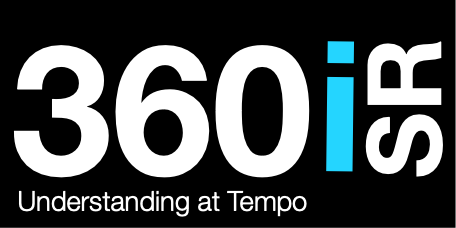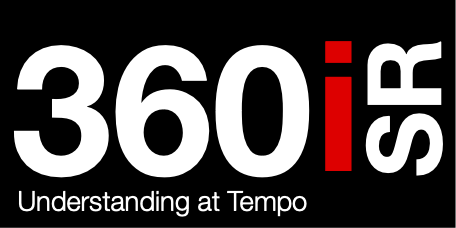The Information Game
Should Military Intelligence be Playing?
The widespread dissemination of disinformation through digital and traditional media constitutes a significant threat to the stability of democratic institutions and national security on a global scale. This paper critically examines the complex dynamics of disinformation, highlighting the diverse roles played by governments, non-governmental organisations (NGOs) and military intelligence in combating this growing issue.
By providing a thorough analysis of disinformation strategies, their societal impacts, and the effectiveness of current response mechanisms, this paper underscores the urgent need for an integrated approach that unifies the capabilities and resources of multiple sectors.
It investigates several high-profile case studies, including the manipulation of public opinion during the 2016 U.S. Presidential Elections, the misinformation surrounding Brexit, the spread of false narratives during the COVID-19 pandemic, and the events leading to the U.S. Capitol riot on 6 January, 2021. These cases highlight the sophisticated nature of disinformation campaigns, often enhanced by state actors like Russia, and the difficulties in mitigating their effects.
Key recommendations include fostering collaboration between various societal sectors, strengthening legislative and regulatory frameworks to address contemporary disinformation challenges, integrating military intelligence more effectively with civilian initiatives to safeguard national interests, and advancing public education programs aimed at enhancing digital literacy, whilst minimising the threat to freedom of speech.
This paper advocates for an integrated approach to combat disinformation, urging policymakers, intelligence agencies, and civil society to adapt and evolve in response to the dynamic threats posed by disinformation campaigns. By fostering a well-informed public and enhancing international cooperation, it is possible to uphold the integrity of democratic processes and safeguard national security against the divisive impact of disinformation.
This examination invites readers to consider the profound implications of disinformation on democratic societies and the critical role of informed, coordinated responses in preserving the fabric of democracy.
Download the full Paper here:




